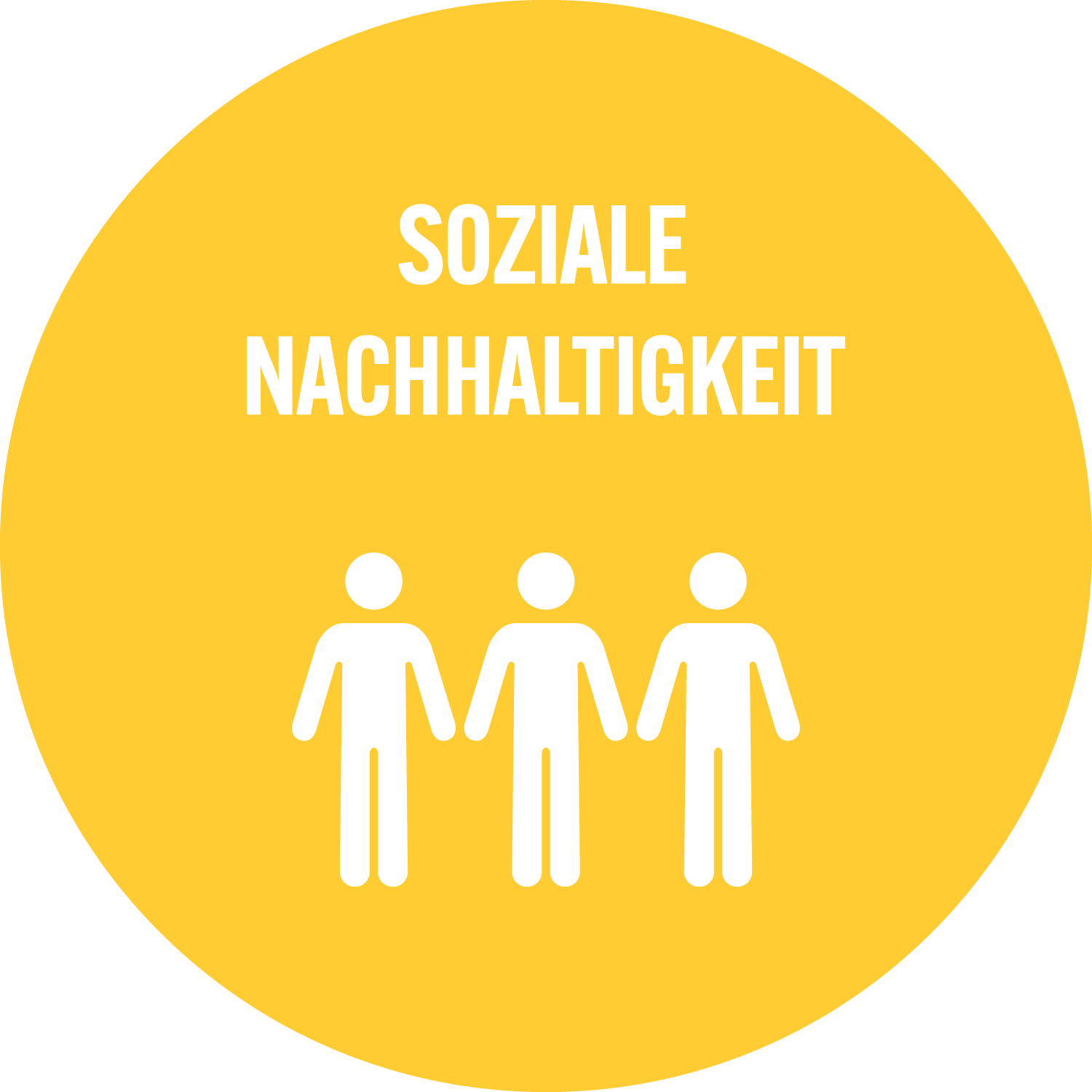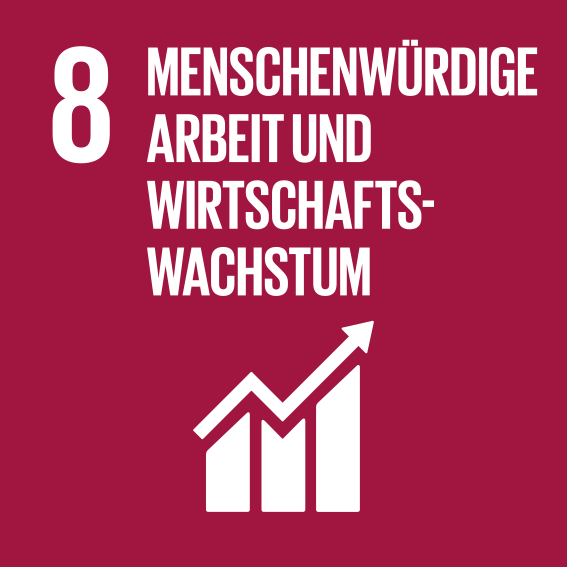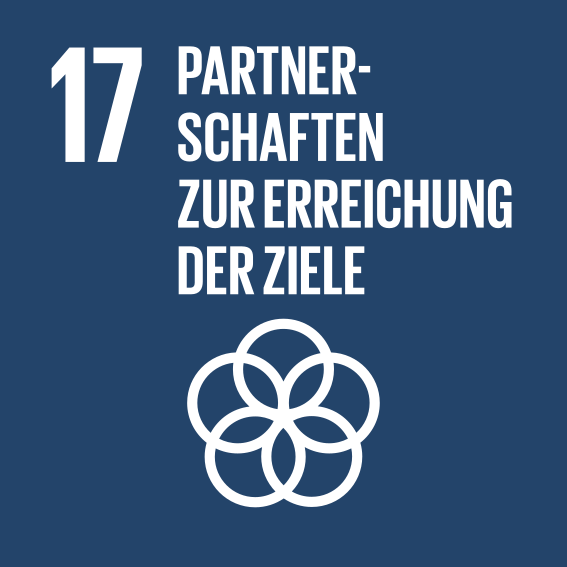|
Social divides in the age of globalization
Helbling, Marc
;
Jungkunz, Sebastian
![[img]](https://madoc.bib.uni-mannheim.de/style/images/fileicons/application_pdf.png) |
PDF
Social divides in the age of globalization.pdf
- Veröffentlichte Version
Download (2MB)
|
|
DOI:
|
https://doi.org/10.1080/01402382.2019.1674578
|
|
URL:
|
https://madoc.bib.uni-mannheim.de/57429
|
|
Weitere URL:
|
https://www.tandfonline.com/doi/full/10.1080/01402...
|
|
URN:
|
urn:nbn:de:bsz:180-madoc-574299
|
|
Dokumenttyp:
|
Zeitschriftenartikel
|
|
Erscheinungsjahr:
|
2020
|
|
Titel einer Zeitschrift oder einer Reihe:
|
West European Politics
|
|
Band/Volume:
|
43
|
|
Heft/Issue:
|
6
|
|
Seitenbereich:
|
1187-1210
|
|
Ort der Veröffentlichung:
|
Abingdon
|
|
Verlag:
|
Taylor & Francis
|
|
ISSN:
|
0140-2382 , 1743-9655
|
|
Sprache der Veröffentlichung:
|
Englisch
|
|
Einrichtung:
|
Fakultät für Sozialwissenschaften > Soziologie mit Schwerpunkt Migration u. Integration (Helbling 2020-)
|
|
Bereits vorhandene Lizenz:
|
 Creative Commons Namensnennung, nicht kommerziell, keine Bearbeitung 4.0 International (CC BY-NC-ND 4.0) Creative Commons Namensnennung, nicht kommerziell, keine Bearbeitung 4.0 International (CC BY-NC-ND 4.0)
|
|
Fachgebiet:
|
320 Politik
|
|
Abstract:
|
In recent decades, a new integration-demarcation cleavage has emerged in Europe, pitting political parties in favour of globalisation against those opposing globalisation. Although a lot is known about the socio-structural basis and the political organisation of this cleavage, we do not know the extent to which these political divides have led to social divides. Therefore, this article investigates how losers and winners of globalisation oppose each other. On the basis of representative online experiments in Germany and Austria, this article studies attitudes and behaviour towards people with different nationalities, education, and party preferences, which correspond to the cultural, socio-structural, and organisational elements of the new cleavage. More particularly, the extent to which people are willing to interact with each other in daily life and how much they trust each other is investigated. The main results show that people who identify with different parties (especially if they belong to the other side of the cleavage) oppose each other much more strongly than people with different nationalities. There is no divide, however, between the low-skilled and high-skilled. Finally, it appears that the social divides are asymmetrical: the winners of globalisation resent the losers more than the other way round.
|
 | Dieser Eintrag ist Teil der Universitätsbibliographie. |
 | Das Dokument wird vom Publikationsserver der Universitätsbibliothek Mannheim bereitgestellt. |
 Suche Autoren in Suche Autoren in
Sie haben einen Fehler gefunden? Teilen Sie uns Ihren Korrekturwunsch bitte hier mit: E-Mail
Actions (login required)
 |
Eintrag anzeigen |
|
|
 ORCID: https://orcid.org/0000-0002-9672-4569 and Jungkunz, Sebastian
ORCID: https://orcid.org/0000-0002-9672-4569 and Jungkunz, Sebastian



 Creative Commons Namensnennung, nicht kommerziell, keine Bearbeitung 4.0 International (CC BY-NC-ND 4.0)
Creative Commons Namensnennung, nicht kommerziell, keine Bearbeitung 4.0 International (CC BY-NC-ND 4.0)



 Suche Autoren in
Suche Autoren in